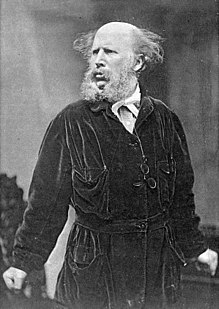Indignation
When situations or actions that are considered to be unjust behavior occur, the feeling of indignation is experienced.
When blameworthy actions take place, the emotion of indignation occurs and negative feelings are projected onto the person who is to blame.
According to Claude Miller, “indignation is defined as a non-primary, discrete, social emotion, specifying disapproval of someone else's blameworthy action, as that action is explicitly viewed to be in violation of the objective order, and implicitly perceived as injurious to the perceiver's self-concept” (Miller et al, 2007, pg.1).
Internal and external social norms play a part in experiencing the emotion of indignation.
According to one scholar, ”People's implicit theories create a framework for processing information, forming inferences, determining attributions, shaping predictions, understanding others’ behaviors, and construction representations of social events”.
They are most often found making stereotypes about people or events, and believe that disposition based attributions are innate, and rarely ever change.
Entity theory creates and holds judgements based on a single behavioral observation.
Once something is believed to be true, it is almost permanently labeled, and objective situational evidence is neglected to be taken into consideration.
[2]: 18 When formulating judgements, incremental theorists take recent evidence into account and avoid broad character attributions.
Defensive Attribution Theory aims at describing how an individual ultimately wants to explain behavior in a way that protects their ego and is flattering to the self.
[4]: 213–235 Attributions are deemed as biased because an individual, in explaining behavior, will "take credit for good outcomes and avoid responsibility for the bad".
When the actor views an observer (other people) succeeding, they will believe that the success was the result of situational factors.
Politicians themselves also feel indignant because if people are not in favor of their policies or are competing against them, they will attack their self-construct.
The other politician typically questions their policies and procedures in hopes to make their competition feel indignant.
In some Christian doctrines, righteous indignation is considered the only form of anger which is not sinful, e.g., when Jesus drove the money lenders out of the temple.
